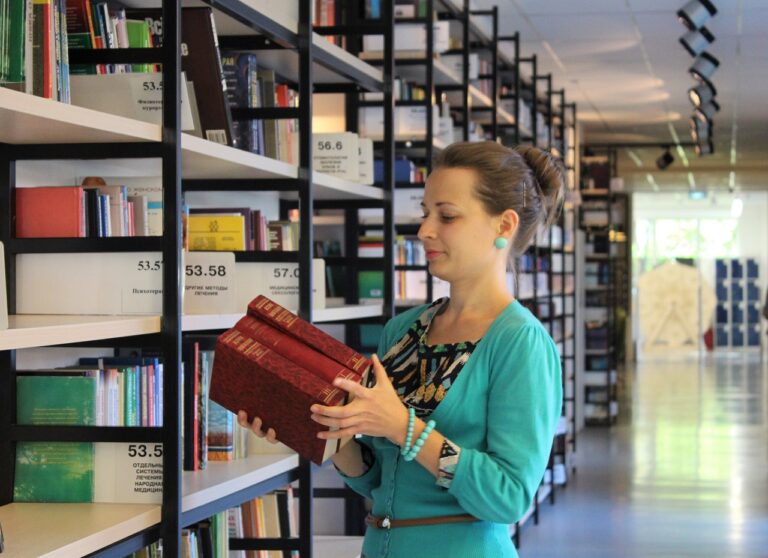The Impact of Inclusive Education on Student Outcomes
sky247login, 11xplay, playexch 99:Inclusive education is a philosophy that emphasizes the importance of ensuring that all students, regardless of their abilities or backgrounds, are provided with equitable opportunities to learn and succeed. This approach recognizes and values diversity among students and seeks to create learning environments that are supportive, welcoming, and accessible to all.
There is a growing body of research that highlights the positive impact of inclusive education on student outcomes. Students who are educated in inclusive settings tend to experience higher academic achievement, improved social and emotional development, and increased levels of self-esteem and self-confidence. Inclusive education also promotes positive attitudes towards diversity and fosters a sense of belonging and community among students.
One of the key benefits of inclusive education is that it provides students with disabilities or special needs the opportunity to learn alongside their peers without disabilities. This can lead to improved academic outcomes for students with disabilities, as they are more likely to receive the necessary support and accommodations to help them succeed in the general education curriculum. Inclusive education also benefits students without disabilities, as it promotes empathy, understanding, and acceptance of differences among all students.
Inclusive education is not only beneficial for students with disabilities; it also has positive effects on students from diverse cultural, linguistic, and socio-economic backgrounds. When students from different backgrounds come together in inclusive classrooms, they have the opportunity to learn from each other, build relationships, and develop an appreciation for the unique perspectives and experiences of their peers. This can lead to increased cultural competency, improved communication skills, and a greater sense of social responsibility among all students.
Inclusive education also has a positive impact on teachers and school staff. Educators who work in inclusive settings often report feeling more satisfied and fulfilled in their roles, as they have the opportunity to use innovative teaching strategies, collaborate with colleagues, and make a meaningful difference in the lives of their students. Inclusive education also promotes a culture of continuous professional development, as teachers are encouraged to learn new skills, implement evidence-based practices, and adapt their teaching methods to meet the diverse needs of their students.
Overall, the impact of inclusive education on student outcomes is clear: it leads to improved academic achievement, enhanced social and emotional development, increased levels of self-esteem and self-confidence, and a greater sense of belonging and community among all students. By embracing the principles of inclusive education, schools can create learning environments that are inclusive, equitable, and supportive of all students, regardless of their abilities or backgrounds.
FAQs:
Q: How can schools promote inclusive education?
A: Schools can promote inclusive education by implementing policies and practices that support diversity, equity, and accessibility for all students. This can include providing professional development opportunities for teachers, creating inclusive curricula and learning materials, and fostering a culture of respect and acceptance among students.
Q: What are some challenges of implementing inclusive education?
A: Some challenges of implementing inclusive education include lack of resources, resistance to change, and limited training and support for teachers. Schools may also face challenges in addressing the diverse needs of students and providing appropriate accommodations and supports.
Q: How can parents support inclusive education?
A: Parents can support inclusive education by advocating for their children’s needs, collaborating with teachers and school staff, and promoting a culture of inclusivity and acceptance at home. Parents can also educate themselves about inclusive education practices and work to create inclusive environments in their communities.







